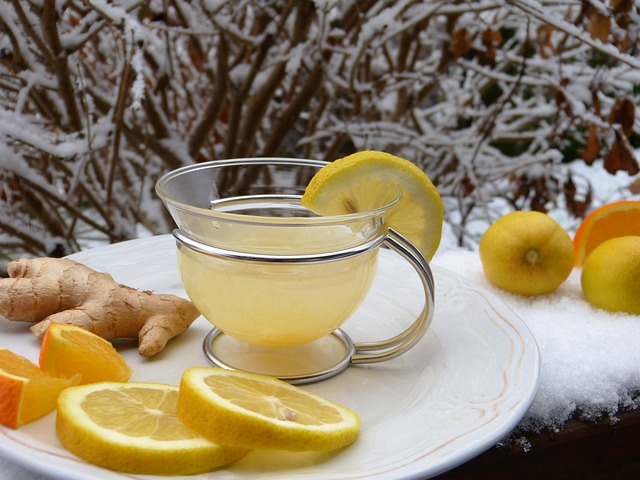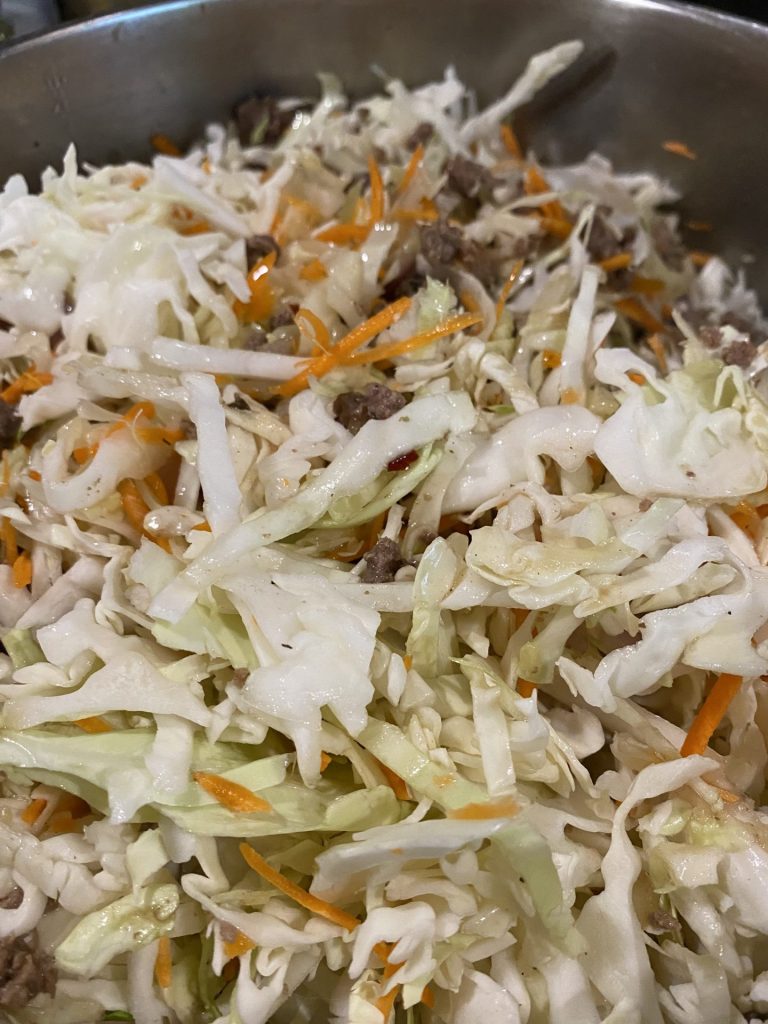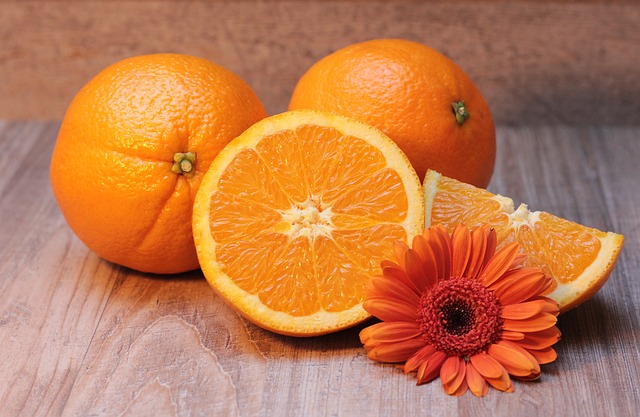There is more to Lemons than Lemonade!
This post may contain affiliate links. View our disclosure policy here.
If life gives you lemons, make lemonade! That’s a wonderful sentiment and great advice. But there is a whole lot more you can do with that lemon. Plus lemons have great health benefits. There is more to lemons than Lemonade!
What are the health benefits to lemons?
I love looking up nutritional information on the foods I already use pretty regularly in our home. I guess it just feels good to know I’m doing something healthy without putting extra work into it. I’ve always used lemons in teas and for flavoring water and the occasional recipe.

Nutrients
Lemons are high in vitamin c. This is the benefit that is probably most widely known. There’s about 30-50 milligrams of vitamin c in the juice of just one average sized lemon. Vitamin C, as you may know, is one of the most important nutrient linked to immune health. By itself, it would never be a guarantee to good immunity, but it is a necessary nutrient. Lemons are a good way to get this vitamin in a whole food.
Lemons are loaded with bioflavonoids and antioxidants. Bioflavonoids and antioxidants are substances found in certain foods that help protect our body from damage caused by harmful particles called free radicals. Lemons also contain pectin, potassium, and vitamin B6. So already you can see, there is more to lemons than lemonade!
Alkalinity
Lemons are acidic; BUT, they are also alkaline. Actually, many fruits and vegetables are acidic in their natural state, But during metabolism the acids are neutralized and the alkaline elements take over. So while lemons are acidic, they are also known to be highly alkalinizing. Alkaline foods are important because they help balance the pH level of our body fluids. A pH level measures how acidic or alkaline something is. When our body is too acidic, it can lead to health problems. Eating more alkaline foods can help reduce acidity and promote overall health. Other alkaline foods include other citrus fruits, leafy greens, and root vegetables.
Heart Health
Vitamin C content in lemons may benefit heart health. According to one source online, the Harvard School of Public Health in Boston conducted a study over a period of 8 – 14 years. Results indicated that servings of fruits and vegetables for the adults in their study showed an apparent decreased risk of coronary heart disease, and that leafy greens and vitamin c foods appeared to have the greatest impact.
Kidney Health
Lemons contain citric acid. Citric acid increases urine volume and is said to aid in kidney stone prevention. One study showed that kidney stone patients who drank lemon juice increased their urinary citrate levels. This decreased the amount of calcium in the urine as well.
Iron Deficiency
A number of people suffer from iron deficiencies whether it’s slightly low iron or anemia. Lemons only contain a small amount of iron, however they have all that vitamin C remember? Vitamin C as well as the citric acid found in lemons can increase the absorption of iron from the lemon and other foods.
Liver Health
Lemons may have a positive effect on liver health. Lemon peel is a common ingredient in detox teas. The flavonoids in lemons, and other citrus fruits, reduce inflammation, improve the body’s ability to process glucose and seek out free radicals. This would all work together to improve liver function. A study conducted with mice has indicated that lemon juice may be useful in addressing hepatoprotective effects on livers with alcohol related damage.
Cook With Lemons
I found this recipe for Lemon Curd on a blog that I’m looking forward to trying! It does have sugar but I imagine there will be a summer day I won’t care! Lemon is great with chicken! You can search for a lemon chicken recipe online but I like to just throw some chicken in a pan and use some various herbs (rosemary and basil are great and always add garlic) and add some lemon juice or lemon wedges. Delicious. You can bake it or cook it in a pan on the stove. Lemon is nice with garlic, shrimp and pasta too! Since we’re gluten free, we like a nice gluten free pasta, spaghetti squash or my favorite, zucchini noodles!
I love making a lemon infused honey with ginger concoction during cold and flu season. Just slice enough lemons to fill a mason jar, place sliced ginger in between the lemon slices. Add enough honey to fill the jar. Store this in the refrigerator and take a nice heaping spoonful or two out and place in a mug, pouring hot water over to make a nice tea. Delicious and comforting and WONDERFUL for your immune system!

More Kitchen Uses
Some other things you can make with lemon juice that doesn’t necessarily involve cooking but does involve food is salad dressings, and simply sprinkling juice over vegetables, fruits or seafood after cooking.
Many people have a daily glass of lemon water. Some prefer cold. Others warm. It doesn’t really make a difference. Just squeeze half a lemon or a whole lemon into your water and enjoy the deliciousness. You could add a little sweetener to make it ‘lemonade’: I prefer honey on the seldom occasion that I do this. If you squeeze it fresh a little pulp may end up in the water which is a good thing! It’s the pulp that contains the pectin which helps feed the good bacteria in your digestive system!
I occasionally add some extra lemon to this detox tea from Traditional Medicinals. It already tastes great but a little extra lemon just makes it extra yummy. I add fresh lemon or lemon peel to a number of my home made herbal tea blends.
Meyer lemons are a type of lemon that are sweeter and less acidic than regular lemons. They have a thin, smooth skin that is a deeper yellow color, and the flesh inside is a deeper yellow color and more fragrant. Meyer lemons are often used in baking, dressings, and sauces, and are a popular choice for making lemonade. They are also more tender and have a sweeter taste than regular lemons, which makes them a good choice for use in recipes where a sweeter lemon flavor is desired.
Other Household Uses
I like using lemon essential oil in my simple cleaning sprays. I just make a cleaning spray with water, rosemary, and usually lemon oil. This is what I use for cleaning the kitchen counters, bathroom counters and just as a general cleaning spray. I usually add lemon to the spray I use on my floors as well.
Lemon juice can be sprinkled over a damp sponge and put in a refrigerator to absorb odors.Half a lemon can be rubbed over a cutting board to help sanitize the board and assist with any lingering odors. Do this after squeezing a lemon for lemon water- there’s often still enough left in the pulp to rub over the board.
Storage
Did you know you can freeze lemons? Yes- either whole or sliced. They do get mushy upon defrosting so it’s best to put directly into a recipe while still somewhat frozen. This is new knowledge to me so I’ll have to try it out. Apparently you can also grate the lemon in a frozen state. Now that sounds like a good idea to me. You can also juice the lemon and freeze the juice in an ice cube tray for later use.
Cautions
Because of the acidity in lemons, some sources caution not to drink it daily as it could possibly have some adverse problems with your tooth enamel. I just make sure I drink regular water after I drink my lemon water or brush my teeth.
As always, a small reminder that I am not a doctor or any type of medical professional. I’m simply someone looking out for my health and my family’s health- and providing some of the information I’ve learned to you. You may want to discuss this content with your medical provider.







